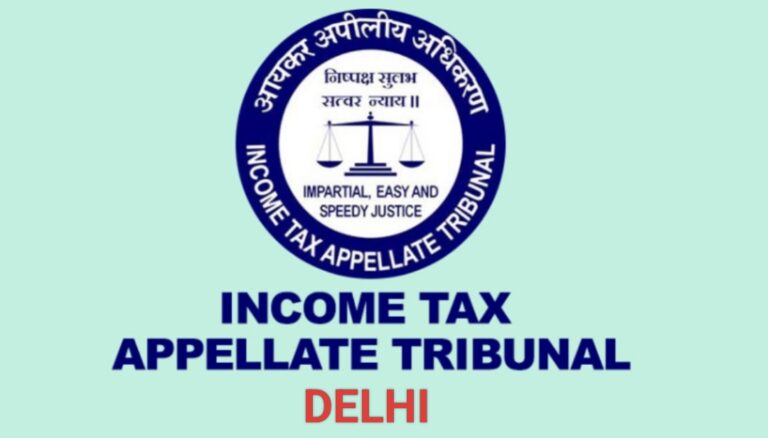The Delhi Bench of the Income Tax Appellate Tribunal (ITAT), in the case of Kn Support Services Private Limited vs. DCIT (29 August 2025), dealt with the issue of delayed filing of Form 10-IC under Rule 21AE of the Income Tax Rules. The assessee had opted for the concessional corporate tax regime under section 115BAA of the Income-tax Act, 1961, but failed to file Form 10-IC within the prescribed time. The Revenue denied the concessional rate on this ground. The Tribunal observed that the requirement to file Form 10-IC is procedural in nature and a mere delay in compliance cannot defeat the substantive right of the assessee to avail the benefit under section 115BAA. Accordingly, it held that the assessee’s delayed filing of the form should not invalidate its claim and allowed the benefit.
Title / Parties
“Kn Support Services Private … vs Deputy Commissioner Of Income Tax” (ITAT Delhi, 29 August, 2025)
Relevant Facts
Form 10 IC was admittedly filed by the assessee on 17-3-2022
The judgment notes that the option under section 115BAA was claimed, but the procedural requirement of filing Form 10-IC was not complied with on time.
Holding / Orders
The Tribunal held that “delay in filing of Form 10-IC being a procedural requirement, should not invalidate the assessee’s right to claim benefit of section 115BAA.”
The Tribunal allowed the appeal, treating the filing of Form 10-IC on 17 March 2022 (albeit delayed) as sufficient to record the option, and not depriving the Assessee of the concessional regime.
Reasoning / Observations
Though the public version is somewhat brief, the following reasoning is evident / implicit:
- The Tribunal treats the non-timely filing of Form 10-IC as a procedural / formal lapse rather than a fatal defect that can nullify the substantive right to opt under section 115BAA.
- Since the Assessee did eventually file Form 10-IC (on 17-3-2022), the procedural defect is cured and the option is considered valid for purposes of concessional taxation.
- The Tribunal appears to adopt a purposive, non-hypertechnical approach: the statute aims to give option to companies under section 115BAA, and denying benefit merely for procedural delay would be contrary to the object. (This emerges from the Tribunal’s relief in the appeal.)
Analytical Notes
- Nature of the Lapse
- The Tribunal treats the delay in filing Form 10-IC as a procedural or formal lapse (i.e. a record keeping / option registration requirement) rather than a substantive condition.
- Because the Assessee ultimately met the obligation (even belatedly), the lapse is considered curable.
- Cure / Remedial Approach
- The decision demonstrates that, at least in Delhi ITAT, the procedural lapse can be cured during proceedings, and the Assessee should not lose the benefit of the concessional regime if substantive compliance is clear.
- The Tribunal did not insist on rejecting the claim outright simply because the deadline was missed.
- Precedential / Persuasive Weight
- While the judgment is favorable to assessees, a caveat is that the publicly available text is not very detailed on counter-arguments or detailed reasoning (e.g. consideration of revenue prejudice).
- The decision may be persuasive in other benches or in appeals, but would need careful confrontation with contrary decisions or higher authority.
-
Suggested Strategy for Assessees
- If an Assessee misses the deadline for Form 10-IC, it should promptly file it (if not yet done) and pray for condonation / acceptance in appeal / assessment, relying on precedents like this.
- Emphasize in the return, audit report and other documentation the clear intention to opt for 115BAA, so that the substantive choice is not in doubt.
-
Show absence of prejudice to the revenue (e.g. no misuse, no extra burden) when seeking relief.
